Shire’s dry eye disease awareness campaign ‘eyelove ’ is tackling a new topic related to vision health: the amount of time people spend each day staring at their screens. The biopharmaceutical company’s new educational initiative ‘screen responsibly’ is being launched in partnership with Arianna Huffington’s tech company Thrive Global.
“Our relationship with technology is one of the most important conversations of our time,” said Arianna Huffington, founder & CEO of Thrive Global and one of the voices for screen responsibly. “And that includes giving attention to how screens are affecting our first line of defense: our eyes. That’s why Thrive has joined forces with eyelove, to help people learn how to screen responsibly, while still enjoying all the benefits of technology.”
Shire and Thrive Global recently conducted a US-wide survey to better understand the screen-watching habits of Americans. In all, over 1,000 people who reported experiencing symptoms of dry eye disease, and 1,000 optometrists and ophthalmologists took part in the survey.
One-third of adults with symptoms of dry eye disease reported that they used screens for more than 10 hours each day. Nearly 60 percent of them also agreed with the statement that “nothing gets in the way of my time using screens.”
Perhaps surprisingly, many of the adults surveyed were more comfortable discussing some of their more personal traits and habits as opposed to how much time they spend staring at computer monitors, smartphone screens and other devices. For example, 55 percent of them would rather discuss how much they drink on weekends, and 51 percent said they’d prefer to disclose the amount of time they spend shopping online. Further, 44 percent responded that they’d be more comfortable disclosing how much junk food they eat, while 41 percent would even rather discuss their weight.
RELATED: Shire Launches Second Dry Eye Disease Awareness Campaign Featuring Jennifer Aniston
The study also found that the majority of respondents – 70 percent – said they’d be unable to pursue their passions in life without the use of screens. Almost two out of three of the optometrists and ophthalmologists surveyed believed that the increase in eye-related issues could be linked to a rise in the amount of time people spend using screens.
According to Shire, prolonged screen use can trigger a flare-up of dry eye symptoms, yet less than half of the individuals surveyed said they regularly use screens in a responsible way. While ‘screen responsibly’ seems like a vague proposition, Shire has proposed a three-step system for using device screens in a way that maintains eye health. Their ‘screen.blink.listen’ approach suggests that people keep using their screens but remember to take what they call ‘blink breaks’ regularly. Perhaps most importantly is their advice that people should listen to what their eyes are trying to tell them and to bring up any symptoms of dry eye with their eye care professional.
“Dry eye patients often say that their dry eye symptoms are worse after prolonged screen use, and they struggle with recognizing how much time they really spend on screens,” said Dr. Kelly Nichols, Dean of the University of Alabama at Birmingham School of Optometry. “Ninety percent of adults in the survey reported their screen use as ‘unavoidable’ even though there’s an impact on their eyes, demonstrating the importance of sharing tips and resources that help patients prioritize both their screens and their eye health.”
Shire’s screen responsibly campaign also involves a website aimed at teaching individuals ways to enjoy their screen time without compromising their eye health. Screenresponsibly.com also includes information on the signs and symptoms of dry eye disease and how patients can bring up their concerns during their next visit to the eye doctor.
“I wasn’t surprised to see that three out of four surveyed eye doctors said they are currently diagnosing more patients with dry eye compared to five years ago, and that 88 percent believe the increase of dry eye symptoms can be attributed to smartphone use,” said Dr. Edward Holland, University of Cincinnati and Director, Cornea Service, Cincinnati Eye Institute. “I have seen the effect of increasing screen-dependency on my patients’ eye health and it is time, more than ever, for them to become more aware of their screen habits, and when it may be time for a break.”


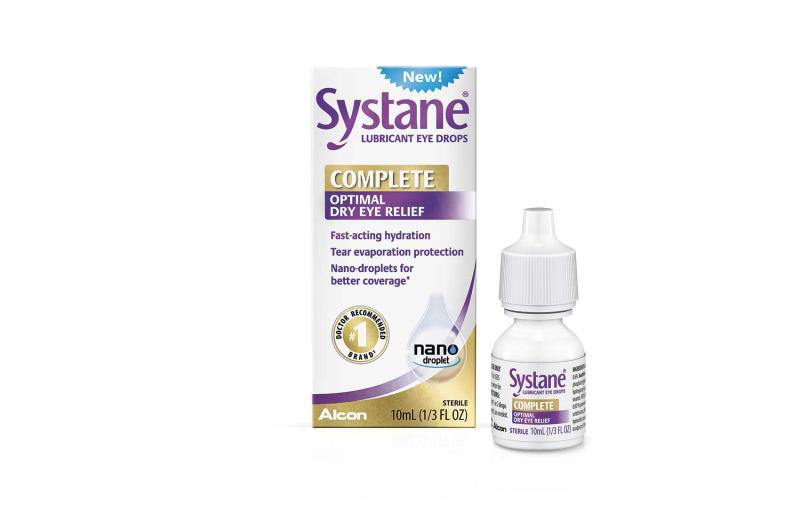
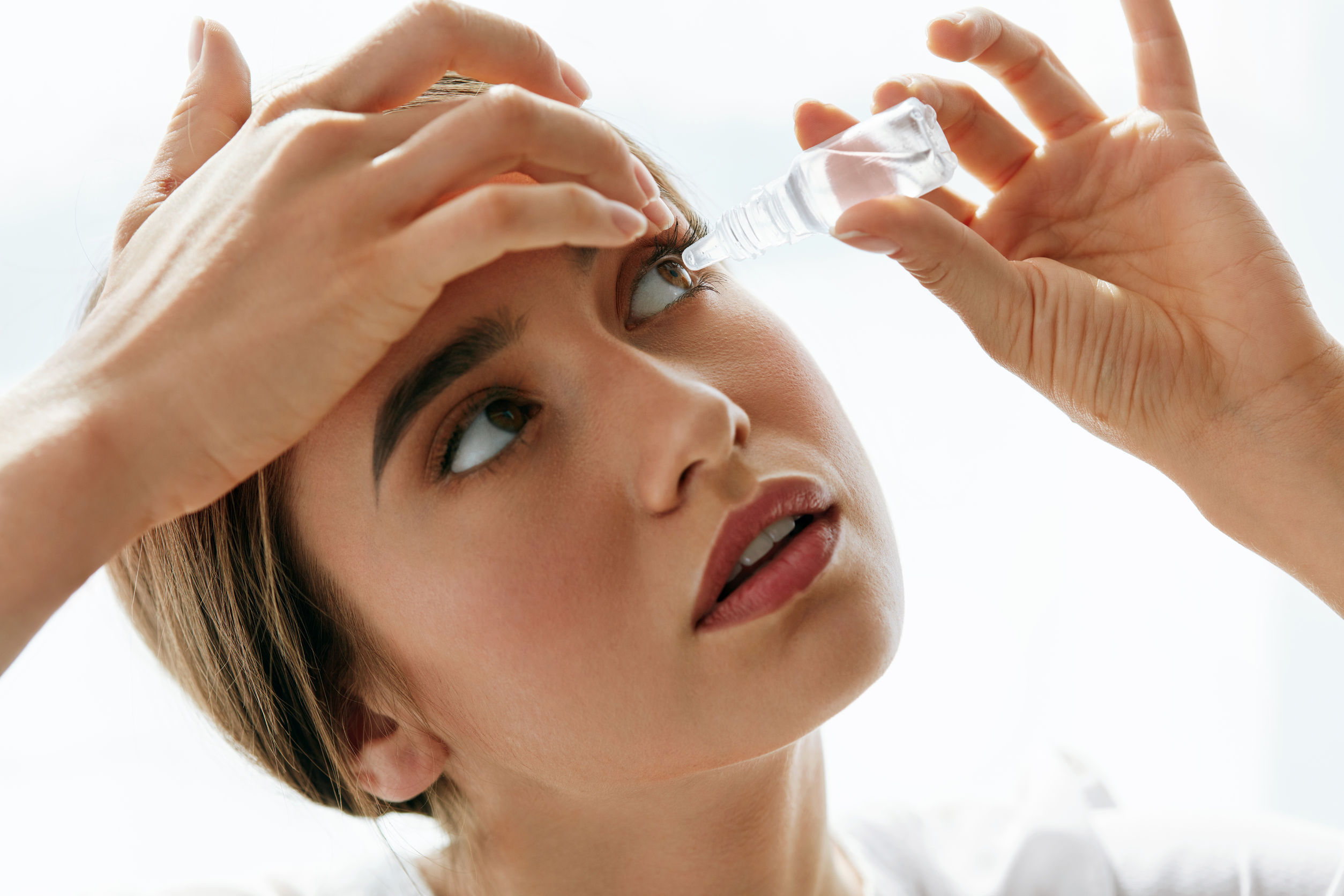
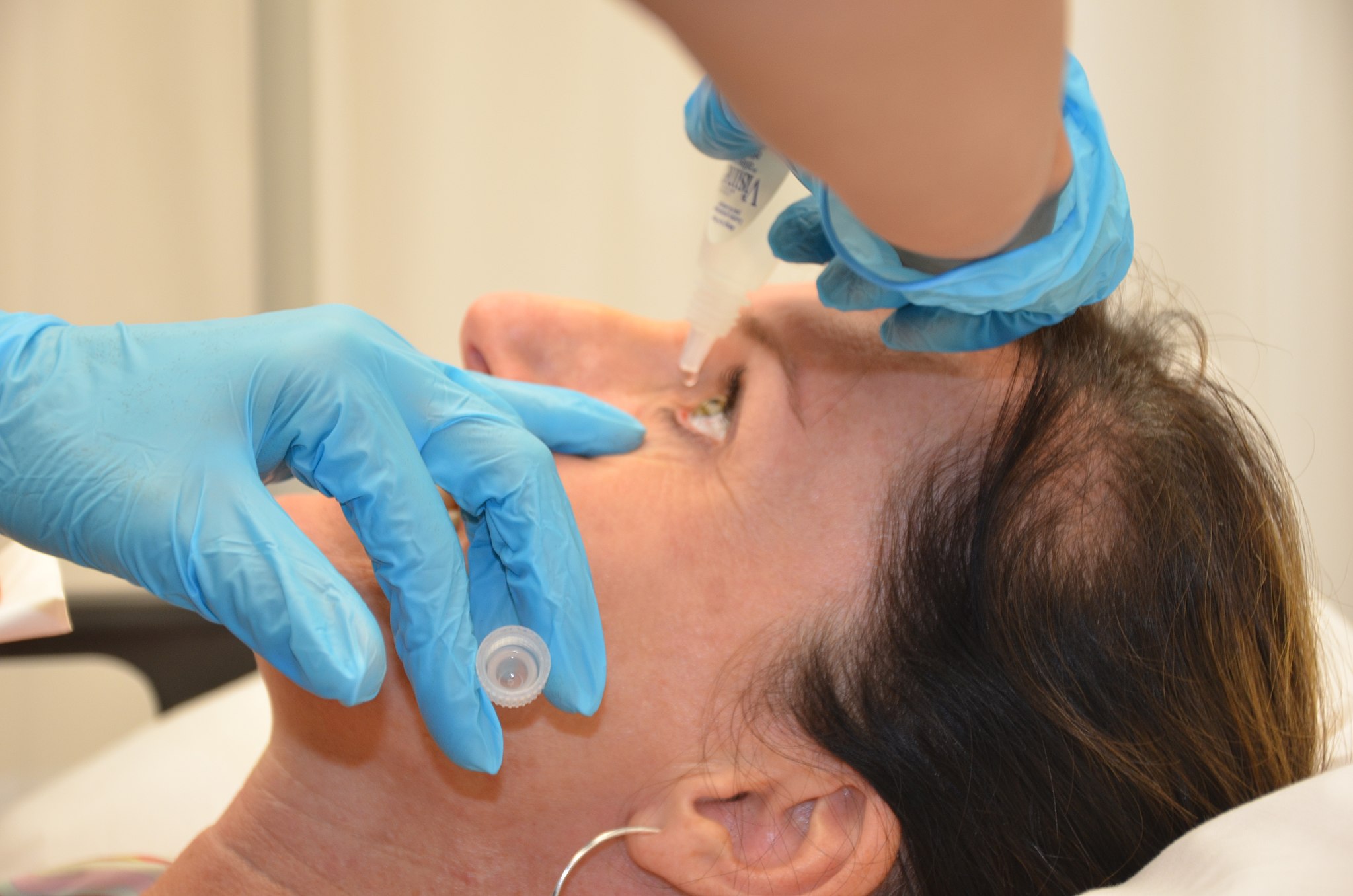
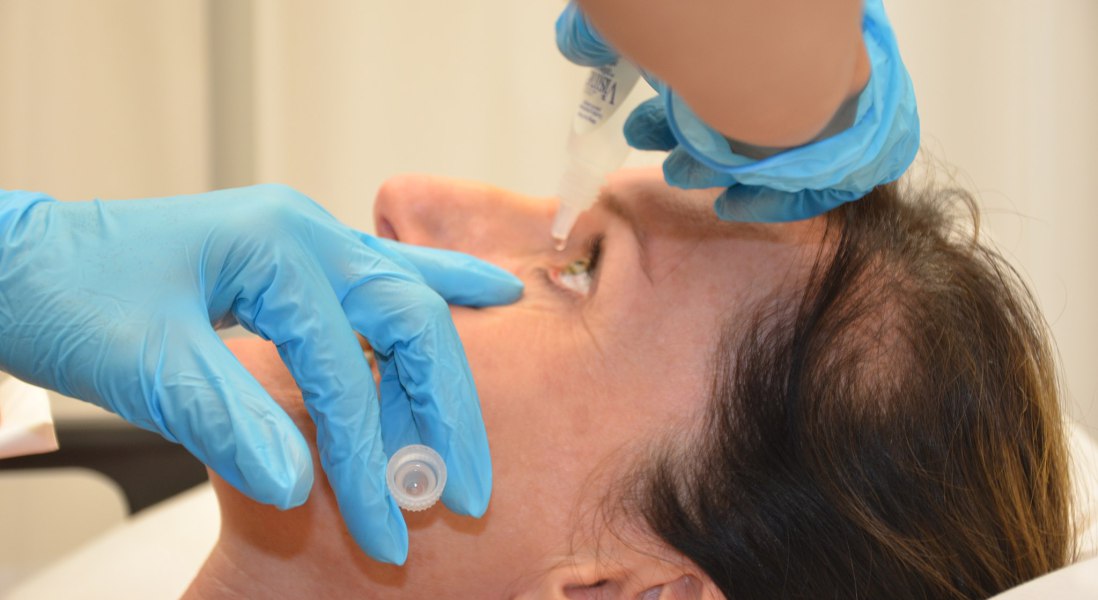
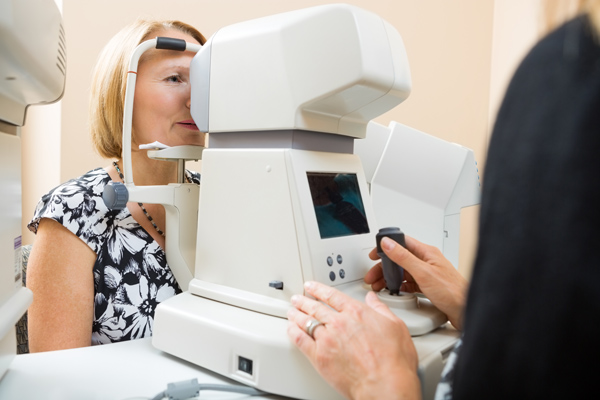

Join or login to leave a comment
JOIN LOGIN